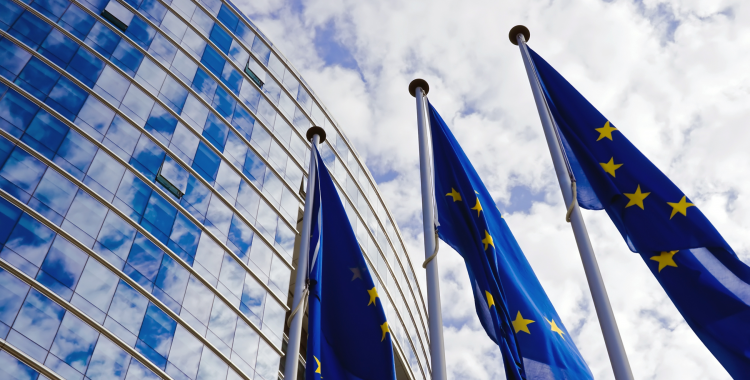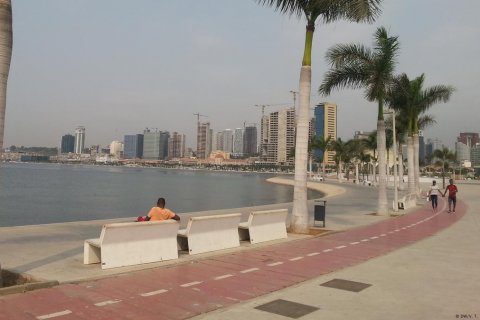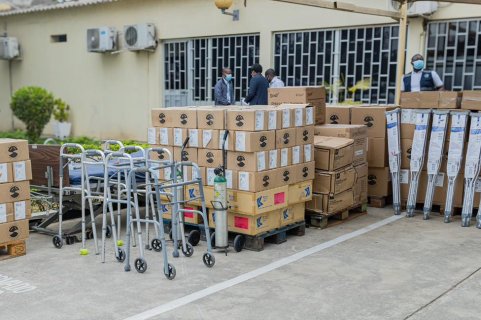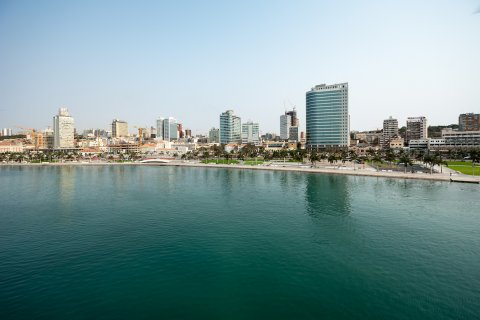"The EU must have zero tolerance for dirty money", stressed the European Commissioner for Equality, Helena Dalli, speaking on behalf of the community executive in a debate at the plenary session of the European Parliament, in the French city of Strasbourg.
In the European Commission's first reaction to the matter, Helena Dalli pointed out that the ‘Luanda Leaks’ case revealed “not a problem of lack of rules, but in relation to the application of the rules”.
Even so, according to the official, the European Commission is “willing to reinforce these instruments” to combat money laundering and tax evasion and avoidance and “will not hesitate to propose [legislative] changes that support” these objectives.
Stressing that this “is not a problem of a single country”, the European Commissioner said that “a better association of the rules to combat money laundering and better supervision are fundamental to improve the stability of the financial system” in the EU, as well as to “guarantee its integrity”.
Helena Dalli also pointed out that "there are inequalities from country to country" in the application of these laws, which is why she proposed the creation of a new supervisory mechanism at European level.
"It is essential to create a new supervisory body to combat money laundering, not exactly creating a new structure, but adapting an existing one and giving it powers, a defined scope and good governance", said the European Commissioner.
At the EU level, the most recent rules to combat money laundering and tax crimes, of 2018, reinforced the surveillance obligations of banks, financial institutions, tax consultants, auditors, lawyers, securities agents, among others, on transactions suspicions from your customers.
These community laws have also clarified that the rules apply to “politically exposed people”, that is, individuals who, because they exercise or have exercised important public functions, may represent a higher risk of corruption.
The European Commission urged Portugal and seven other Member States to effectively transpose this European legislation, pointing out that "the recent scandals" make the need for strict rules evident.
The European Commission is now expected to present, at the end of March, a new action plan against money laundering.







